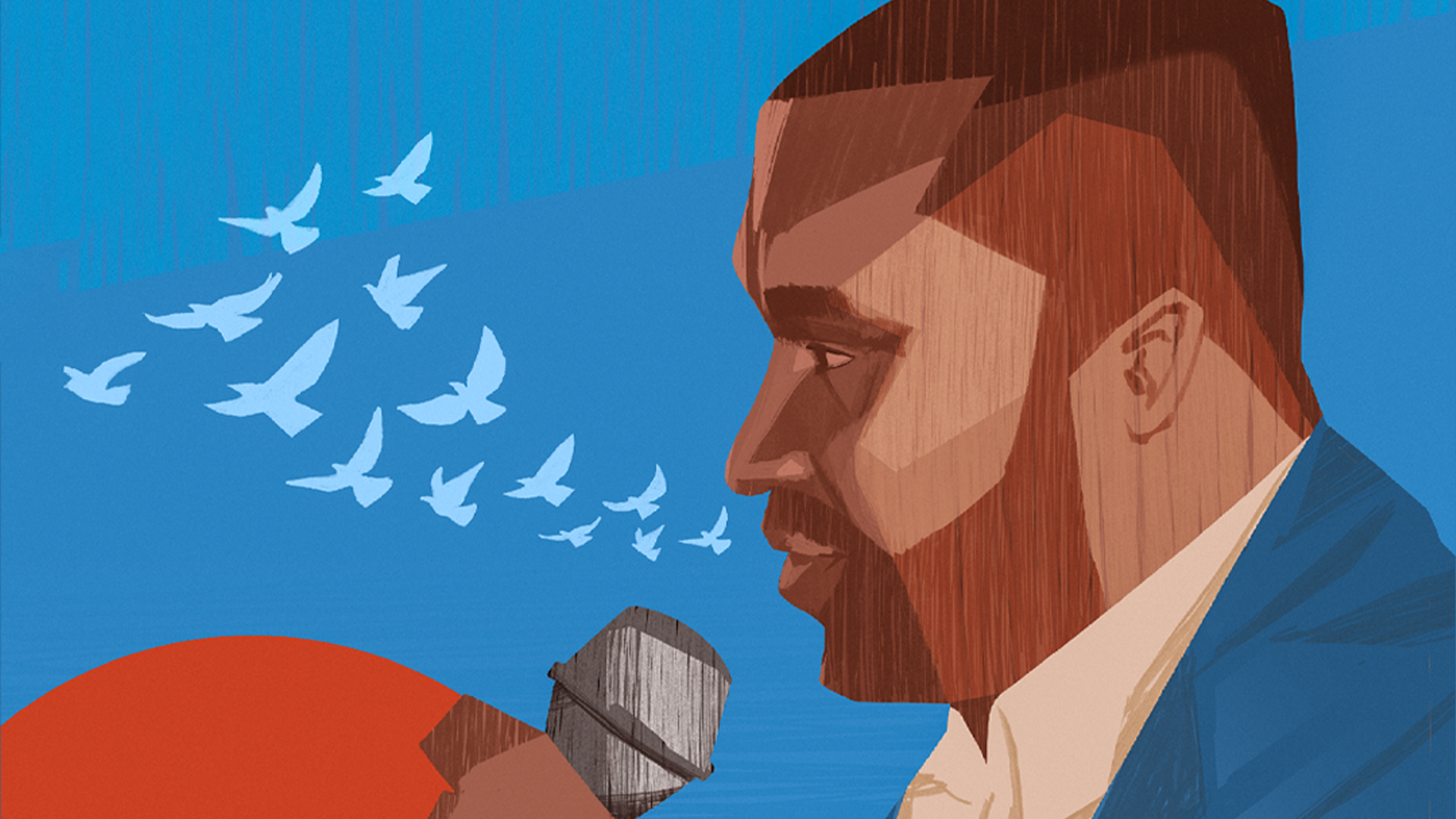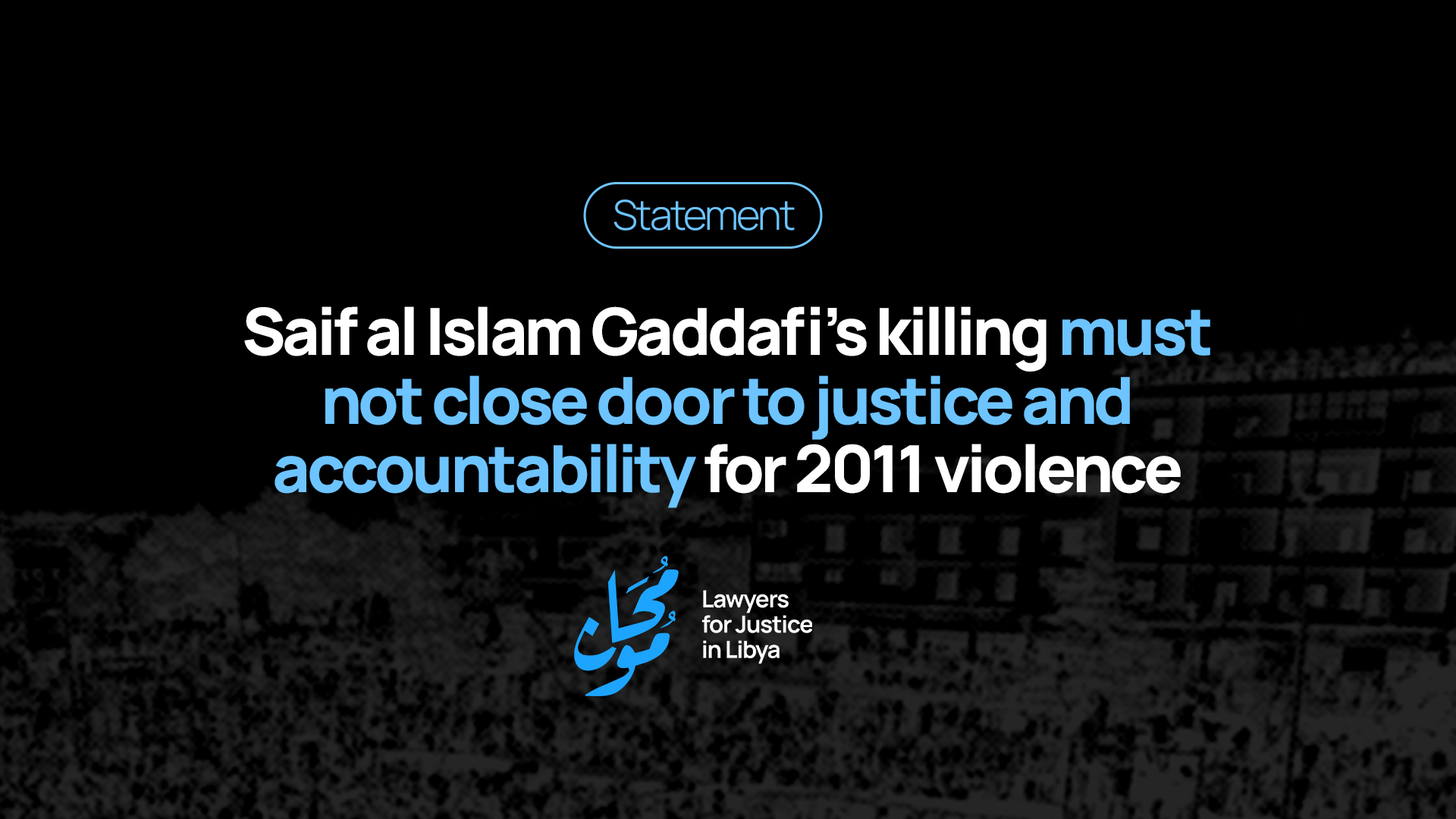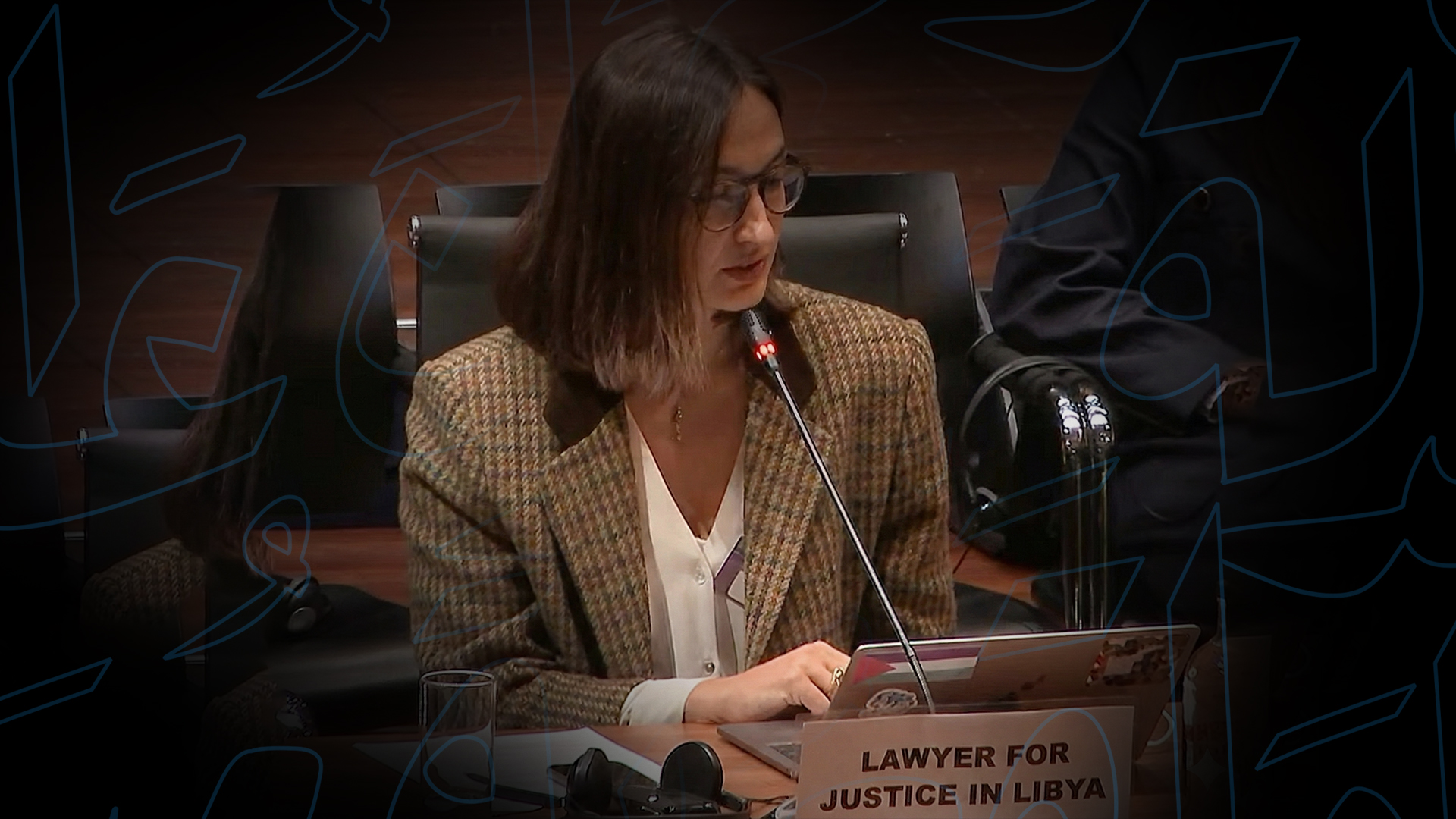Summary executions in eastern Libya: LFJL calls for immediate investigations
A video circulating on social media depicts a summary execution of detainees by members of armed forces alleged to be affiliated with the Libyan National Army (LNA). LFJL calls for immediate investigations into the incident and accountability for such human rights violations to be a component of future peace talks.
On 23 July 2017, a video released on social media revealed a mass summary execution perpetrated by armed forces allegedly affiliated with the LNA, which is under the command of Khalifa Haftar. The video shows a group of armed men, executing 20 kneeling men with hoods over their heads and hands tied behind their backs. News sources have since reported that the men were targeted because they were alleged to be fighters affiliated with the so called Islamic State (IS). Four videos depicting similar content have been published over the past five months, potentially evidencing LNA forces systematically subjected detainees to inhuman and degrading treatment.
The most recent video emerged five days after the Office of the United Nations High Commissioner for Human Rights requested the LNA to investigate allegations of summary executions and torture carried out by its forces. The LNA has yet to share any information on whether it has instigated such investigations. Haftar has played a role in peace discussions in Paris which concluded in a ceasefire agreement on 25 July 2017 (the ceasefire). The ceasefire fails to address accountability for alleged violations of international human rights and humanitarian law, and does not cover the use of armed force for the purpose of countering terrorism.
LFJL strongly condemns the acts depicted in the videos, which appear to evidence summary executions. Summary executions are arbitrary deprivations of human life; they undermine the very prospects of justice their perpetrators believe they are achieving and to which survivors of alleged crimes are entitled. The right to life is considered so fundamental in international law that the State is never justified in violating it, even at times of public emergency or conflict. It is also a crime under Libya’s domestic law to carry out the acts depicted in the video. Law No. 10 of 2013 relating to Criminalisation of Torture, Forced Disappearance and Discrimination prohibits anyone from inflicting or ordering another person to inflict, physical or mental pain on a detainee under his control.
In response to such serious allegations, LFJL is deeply concerned by the lack of priority given to accountability for human rights violations by Libyan actors and the international community during peace discussions. Moreover, the broad phrasing of the ceasefire enables both parties to interpret who constitutes ‘legitimate targets’ for the purpose of countering terrorism. The ceasefire thus fails to deter the commission of such unlawful activities, as depicted in the videos.
LFJL’s Director Elham Saudi commented “The videos we have seen on social media of individuals allegedly being executed and tortured are a dangerous sign of the state of impunity reigning in Libya. In light of the current political developments, it is essential that any peace settlement does not include any amnesties for serious crimes and that the integration of fighters from all sides into the regular forces only be conducted under a vetting framework which holds those responsible for human rights abuses and violations to account.” Saudi added, “Libya’s transition to a democratic state can only be achieved by ending the absolute impunity enjoyed by those who have carried out human rights violations in Libya and remain in positions of responsibility and command.”
LFJL urges the Libyan authorities to conduct immediate, independent and impartial investigations into these alleged human rights violations. Those found to be responsible must be held accountable for these gross acts.





